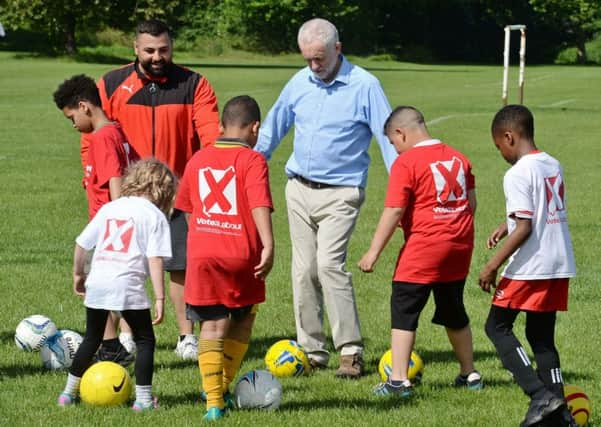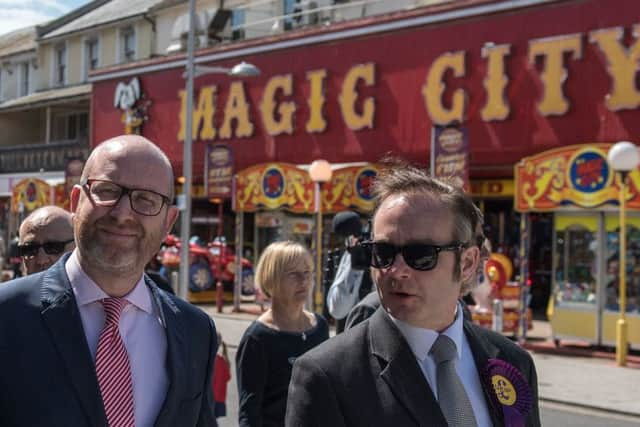40% of non-voters think who is in government makes no difference


Meanwhile, a similar number (42 per cent) said they felt all the candidates they could vote for did not understand their life.
The survey, carried out for the Electoral Reform Society Scotland, found a significant number of those who will not vote on June 8 are not apathetic about politics.
Advertisement
Hide AdAdvertisement
Hide Ad

Just over a quarter (26 per cent) of non-voters said they regularly talked about how to make their community a better place - with this rising to about a third (32 per cent) when those who probably will not vote are included.
In addition, 27 per cent of those who say they are certain not to cast their ballot said they regularly discuss politics with friends and family.
The data comes from a poll by BMG Research, with a total of 1,035 Scottish residents aged 16 and above questioned between May 5 and 11.
Jonathon Shafi, Electoral Reform Society Scotland campaigns officer, said: “We find time and again that the claim that those who are not voting are totally apathetic is simply untrue.


“Digging into the data, we find that large sections of those who don’t vote regularly discuss politics with friends and family.
“We also find that this part of the electorate want to make their community a better place to live.
Advertisement
Hide AdAdvertisement
Hide Ad“That is politics, just not in the ‘formal’ traditional sense: after all, this comes down to getting the power and resources to change things.”
He continued: “Where we do find a disconnect with politics, it comes down in part to a strong feeling that their vote doesn’t make a difference.
“At a more personal level, they also feel that politicians don’t understand their lives, never mind being able to change it.
“This is an issue of political culture and how parties and politicians communicate with the public. But it’s also about how we deepen democracy and bring decision-making closer to communities.”
The Electoral Reform Society has been staging events across Scotland under the slogan “Act As If We Own The Place”, with Mr Shafi saying these have been about “bringing people together locally to participate in discussions about what affects them and how collectively we can change the area for the better”.
He stated: “Genuine, grassroots democracy makes for active citizens - and can reconnect people who’ve been written off as ‘apathetic’ with political structures.
“More needs to be done across the board to maximise democratic engagement during and beyond elections.”